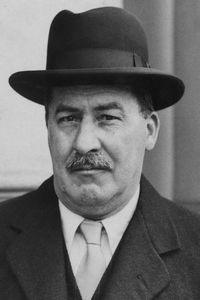Howard Carter, a British archaeologist and Egyptologist of great renown, embarked upon a pioneering expedition that would alter the trajectory of history, ultimately culminating in the extraordinary discovery of the remarkably well-preserved tomb of the 18th Dynasty Pharaoh Tutankhamun in November 1922, an event of profound significance that would leave a lasting impression on the world of archaeology and Egyptology, and forever solidify his position as one of the most celebrated explorers in the annals of time.
Tutankhamun's tomb, situated in the heart of the Valley of the Kings, was discovered to be in a state of extraordinary preservation, its intricate chambers, treasures, and artifacts remaining remarkably well-preserved, offering a singular opportunity to delve into the life and times of this fascinating pharaoh, and providing a profound glimpse into the rich cultural heritage of ancient Egypt, a civilization renowned for its sophisticated architecture, artistry, and spiritual practices.

















